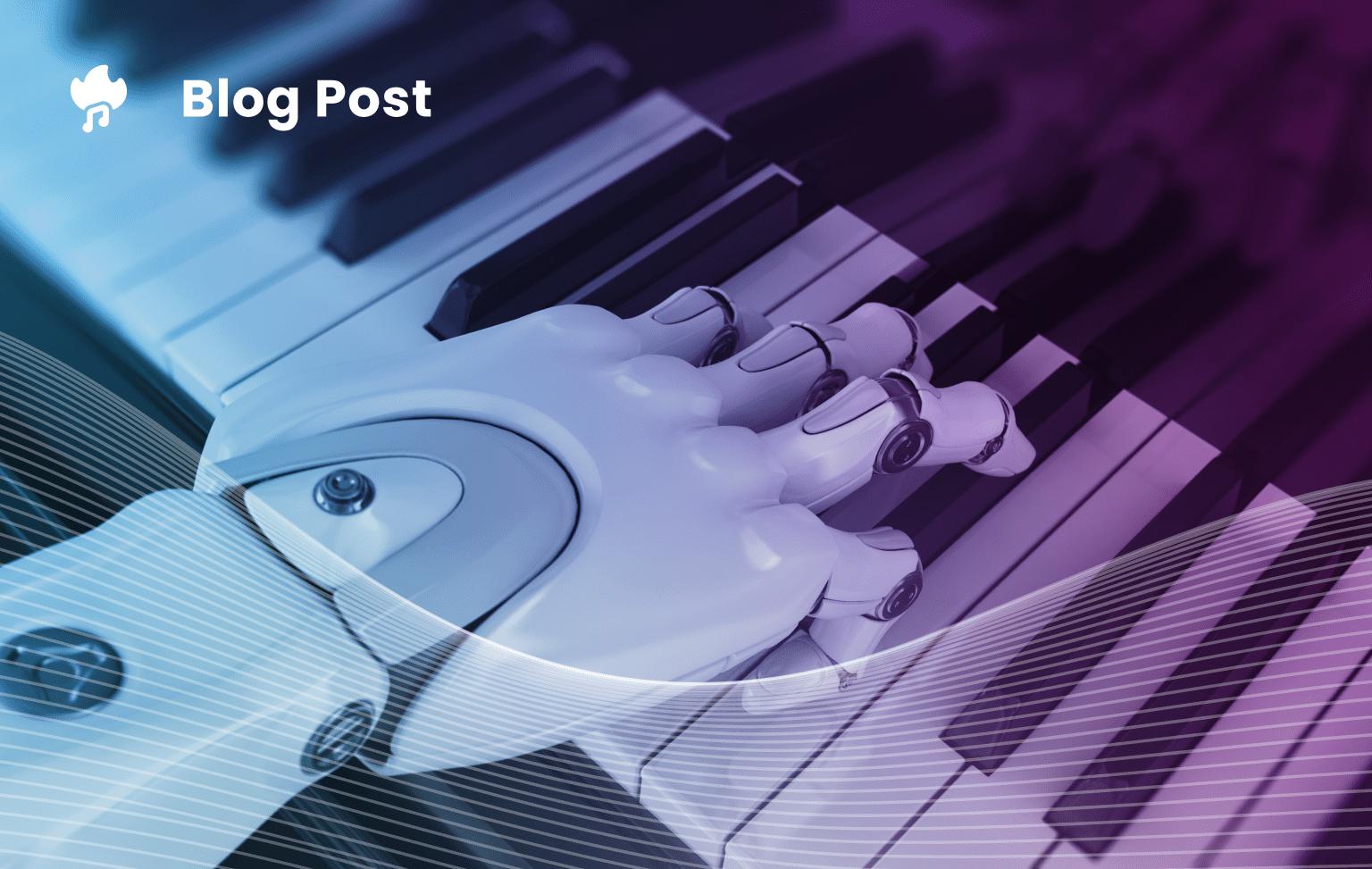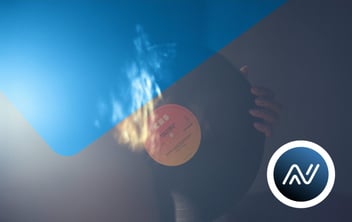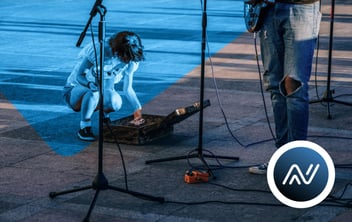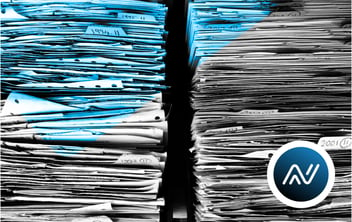Al: The future of music or a threat to creators?
There’s a new hot topic fascinating the world and more specifically the tech space. Yes, we’re talking about the rapid expansion of AI tools and in the past months it has also been testing the flexibility of the entire music ecosystem.
On April 15 the world woke up with the release of a new song ‘heart on my sleeve’, featuring global superstars Drake and The Weeknd. The song instantly became extremely viral on social media, especially on TikTok where videos including the song accumulated more than 15 million views in just a few days.
Nothing to be surprised of, if not that the song was never recorded by Drake nor The Weeknd. How is something like that possible, you may ask? Well, the viral track was originally published by an anonymous TikTok user named Ghostwriter977, who claims to have used artificial intelligence (AI) to reproduce the voices of Drake and The Weeknd for the track.
AI-generated music is not something new. As highlighted by CNN, Taryn Southern’s debut song “Break Free,” which was composed and produced using AI, hit the Top 100 radio charts already back in 2018. Different from the past however, ‘heart on my sleeve’ gained such a high level of attention mainly due to the following three reasons:
-
The song features the voices of two of the top-selling artists of current times, something that definitely would be difficult to not be noticed.
-
The song is particularly catchy and fanbases around the world quickly got excited on the different social media platforms because, differently from the past, the track sounds a lot more realistic and likely to be real, compared to older AI generated tracks. As of today, it’s getting less and less intuitive to understand whether you are listening to a human-made “real” song - possibly leaked, as most listeners thought was the case here - or to an “AI” generated one.
-
Unexpectedly, the track successfully made it to streaming platforms like Spotify, Apple Music, Deezer, TIDAL, gaining almost 700k streams on Spotify alone within two days before it was taken down. This raised a lot of controversy with music industry professionals and enthusiasts, especially following the recent warning from Universal Music Group to streaming services about artificial intelligence.
As could be expected, following Universal Music Group’s copyright claim, the track was taken down from all main streaming services, and the original videos removed from YouTube and TikTok - yet, it’s still possible to listen to the track through ‘user-generated content’ on YouTube, SoundCloud, and TikTok following users re-uploading the recording (whether via audio or video) to their own channels.
The track generated such a high level of attention, especially on TikTok, that in the following days it was extremely easy to bump into AI generated tracks replicating the voices of some of the best selling artists in the world (e.g. Kanye West, Travis Scott, Ariana Grande, Rihanna, Drake, and many more), with global fanbases seemingly enjoying and demanding more and more AI generated music content.
As the topic gains more attention, let’s adapt our perspectives and make some considerations about the use of AI within the music industry, without digging into technical details that would risk complicating our understanding of the topic.
Is it all AI or there’s still a human touch?
The track ‘heart on my sleeve’ and most of the other AI generated music that are seeing some virality at the moment are not fully generated by AI alone: someone did not just “type” on an AI bot “make me a Drake and The Weeknd song” and it popped out a banger.
Rather, most of these tracks are made by real people, who made a real beat, wrote (or at least co-wrote) the lyrics, recorded them and used AI to make it sound like a famous artist. These AI softwares are trained with huge data sets of artists' voices, which are then mapped onto an audio file that transforms your voice recording to the one of the artist you want.
This means that AI are (for now) still not able to fully create original compositions on their own. Personal taste and talent still cover a key role in music creation.
Threat or opportunity?
Reactions in the music industry about the implementation of AI have been divided. While some view it as a potential opportunity for extended monetisation of music rights, others see it as an existential threat to the entire music ecosystem.
Universal Music Group, for example, has publicly stated that training generative AI using their artists' music is a violation of copyright law. However, as highlighted by BBC, the position has not been tested in court yet and remains a legal grey area. Other professionals instead advocate the embracement of AI technology and the research of efficient ways to monetise it. In this direction, Canadian singer Grimes recently invited musicians to create new songs with her voice using Artificial Intelligence, saying she would split 50% of royalties of any successful AI-generated track that includes her voice.
Many different solutions have been addressed in the past weeks to regulate the use of AI in music. One idea is to license music catalogues to AI software developers for licensed use of music rights in their training data-sets. Another suggestion is to use AI-driven voice recognition and detection in streaming services to proactively identify and flag unauthorised uploads. Finally, some propose collecting royalties each time an AI-generated song including the voice of a specific artist is released. However, the legal framework surrounding AI-generated tracks remains unclear, and it is uncertain whether they should be legally treated as original compositions or copies. As the technology further advances, we can only expect we’ll soon see more clear legal frameworks come out for this topic.
All these ideas and proposals remain theoretical and only time will tell which treatment AI will receive from the music industry. What is certain is that global fanbases seem to increasingly enjoy AI generated music and, as we speak, more and more AI generated music is being created and published daily on social media.
As many other times in the past, the music industry confirms to be one of the first industries to experience disruption from new emerging technologies. Exciting times ahead of us, and to quote Drake: “Let’s see what’s about to happen next, okay?”.
*THIS ARTICLE WAS NOT WRITTEN USING AI*



